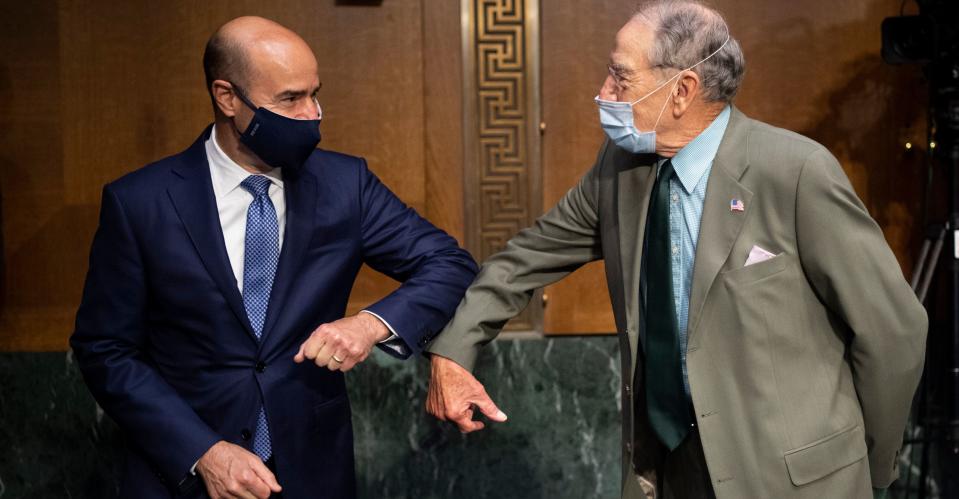People Who Refused To Go Back To Work Are Broke, But Vindicated As Pandemic Rages
In May, JoAnn Arceneaux refused to go back to her job with an airline subcontractor at the Hartsfield-Jackson Atlanta International Airport in Georgia.
At that point, she’d been receiving unemployment benefits for a month after losing hours and taking leave. But with the state’s coronavirus case count leveling off and conservatives hailing the “Georgia Model” for dealing with the pandemic, she was called back to work.
Arceneaux, 49, has Type 2 diabetes, putting her at higher risk of severe illness from COVID-19. So she told her bosses she was not coming back, got fired and lost her unemployment benefits.
Since then, Georgia’s cases have spiked, and the Transportation Security Administration has tallied 40 infections among its employees at Hartsfield-Jackson.
The Georgia model, which several other states followed with President Donald Trump’s encouragement, has proven a failure. Coronavirus is surging in Georgia and many other states, and the Trump administration’s push to yank unemployment benefits from workers likely contributed to the spread.
Arceneaux feels she made a smart decision not to work, even though she now has no income and has survived thanks to support from her son and fiance.
“I’m just appalled about how they’re more concerned about stopping these unemployment benefits than the overall health of employees,” Arceneaux said. “They shouldn’t be forcing you to go to work.”

Congress expanded eligibility for unemployment insurance in March to cover people who wouldn’t normally receive benefits, including workers who quit their jobs “as a direct result of COVID-19.”
Such workers are supposed to be able to get federally funded benefits if they have an underlying health condition that puts them at higher risk of severe illness. But Senate Republicans loudly complained that Congress had given so much money to layoff victims that they wouldn’t return to work, and the Trump administration essentially...


